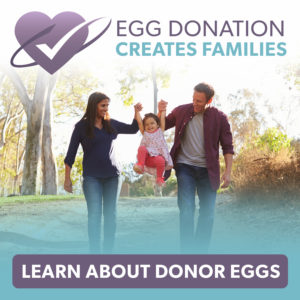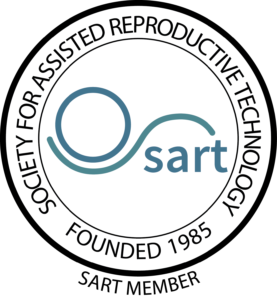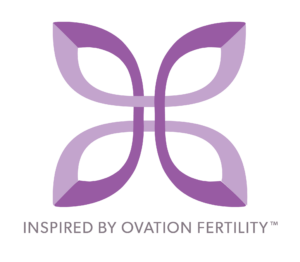Donor embryos: Giving the gift of life to others
After fulfilling their dream of having children with the help of in vitro fertilization, IVF, couples and individuals are often faced with the question of what to do with remaining cryopreserved (frozen) embryos once their family is complete. The fertility specialists at Nashville Fertility Center understand that this is a highly personal decision. The current options include 1) donating unused frozen embryos to another couple or individual, 2) donating embryos to medical research, 3) allowing embryos to thaw and lose viability or 4) keeping embryos frozen.
Who is a good candidate for donor embryos?
Couples who suffer the heartbreak of not being able to conceive a biological child—even after multiple attempts with the help of assisted reproductive technology—have the hope of becoming parents with donor embryos.
Donors are our heroes
If you would like to give the gift of life to others by donating your embryos, please call 615-321-4740 and ask to speak with someone from our donor embryo department.
The best candidates for donor embryos include those who experience male or female infertility and have repeated failed IVF or recurrent pregnancy loss not associated with implantation problems. We also work with men and women with inheritable genetic disorders affecting one or both partners and women experiencing early menopause or premature ovarian failure.
Benefits of using donor embryos
When deciding whether using donor embryos is the right path to take to expand their family, couples will have many questions and may wonder if this is a viable choice. Our Nashville Fertility Center team will help couples weigh the pros and cons. Benefits include these factors.
Pregnancy experience: Donor embryo cycles give women the experience of carrying a baby, bonding with their baby while in utero and giving birth.
Reduced costs: The cost of using donor embryos is lower when compared to adoption, egg donation and pursuing IVF treatment.
Embryo disease screening: Donors are asked to provide a detailed medical history and be tested for certain diseases, including hepatitis, HIV and other sexually transmitted diseases.
In June 2016, the FDA released their amendment to donor embryo regulations, saying in part, “if donor eggs or sperm were used in the creation of the embryos to be donated, any required donor screening and testing must have been done and be on record. And, to the extent possible, there should be screening and testing of members of the couple whose gametes were used to create the embryos, prior to transferring the embryos to the recipient patient.”
Expediency to a positive pregnancy: Unlike adopting a child, the process is much faster as embryos are readily available. There are an estimated 600,000 cryopreserved embryos available today.
If you’re considering using donated embryos to help build your family, contact one of our Nashville fertility specialists, or reach out to our Donor Embryo Coordinator.







